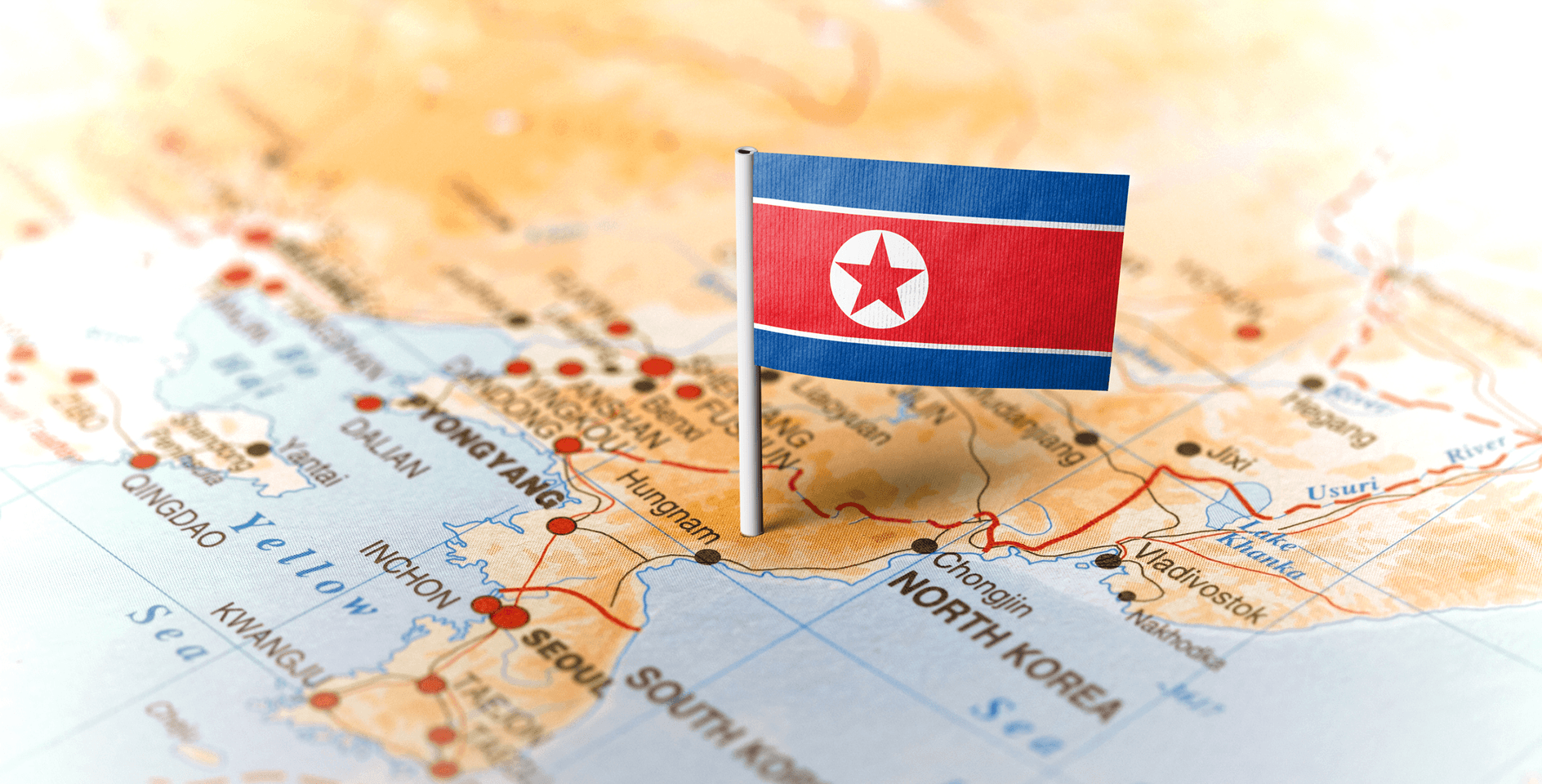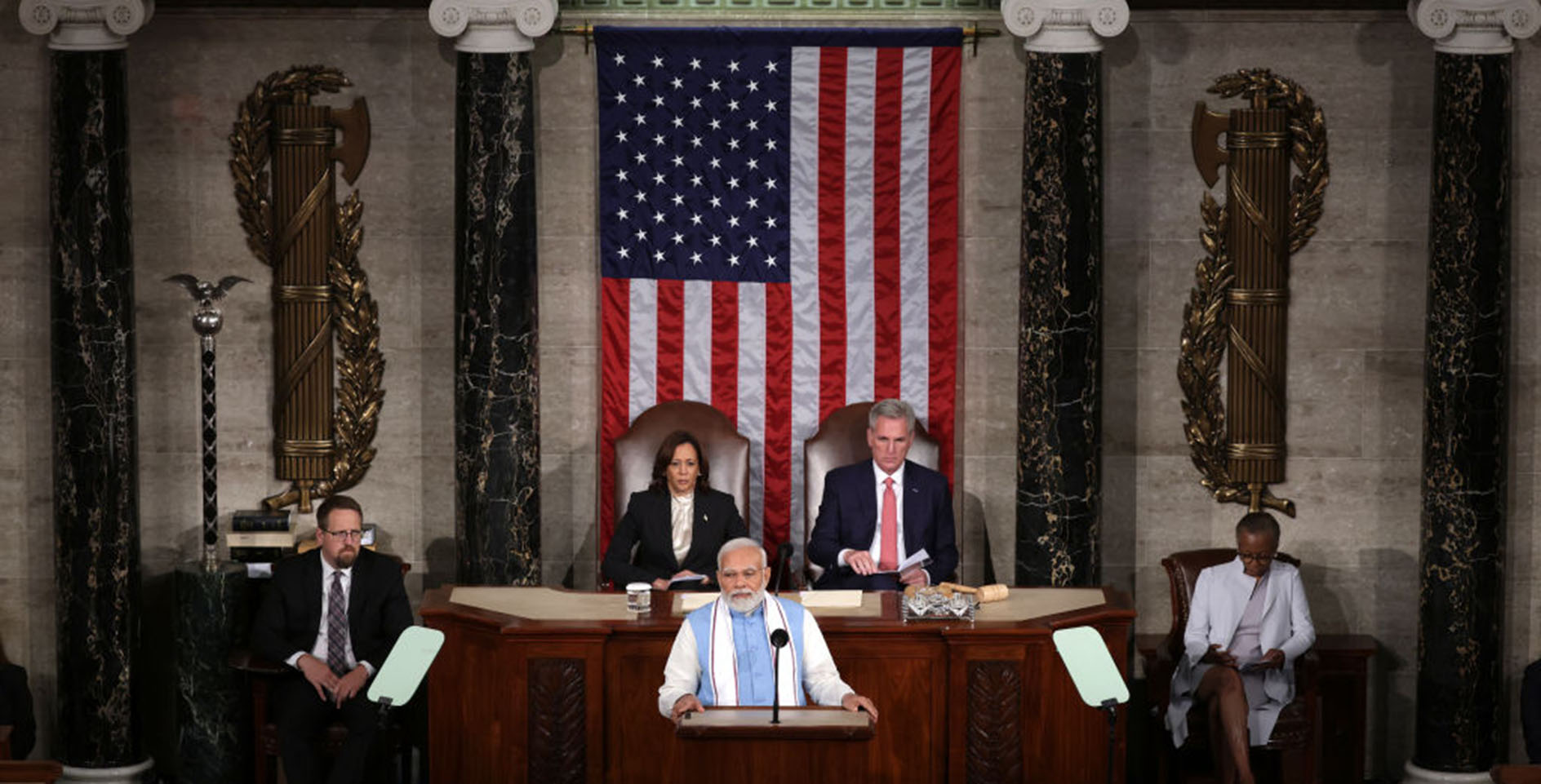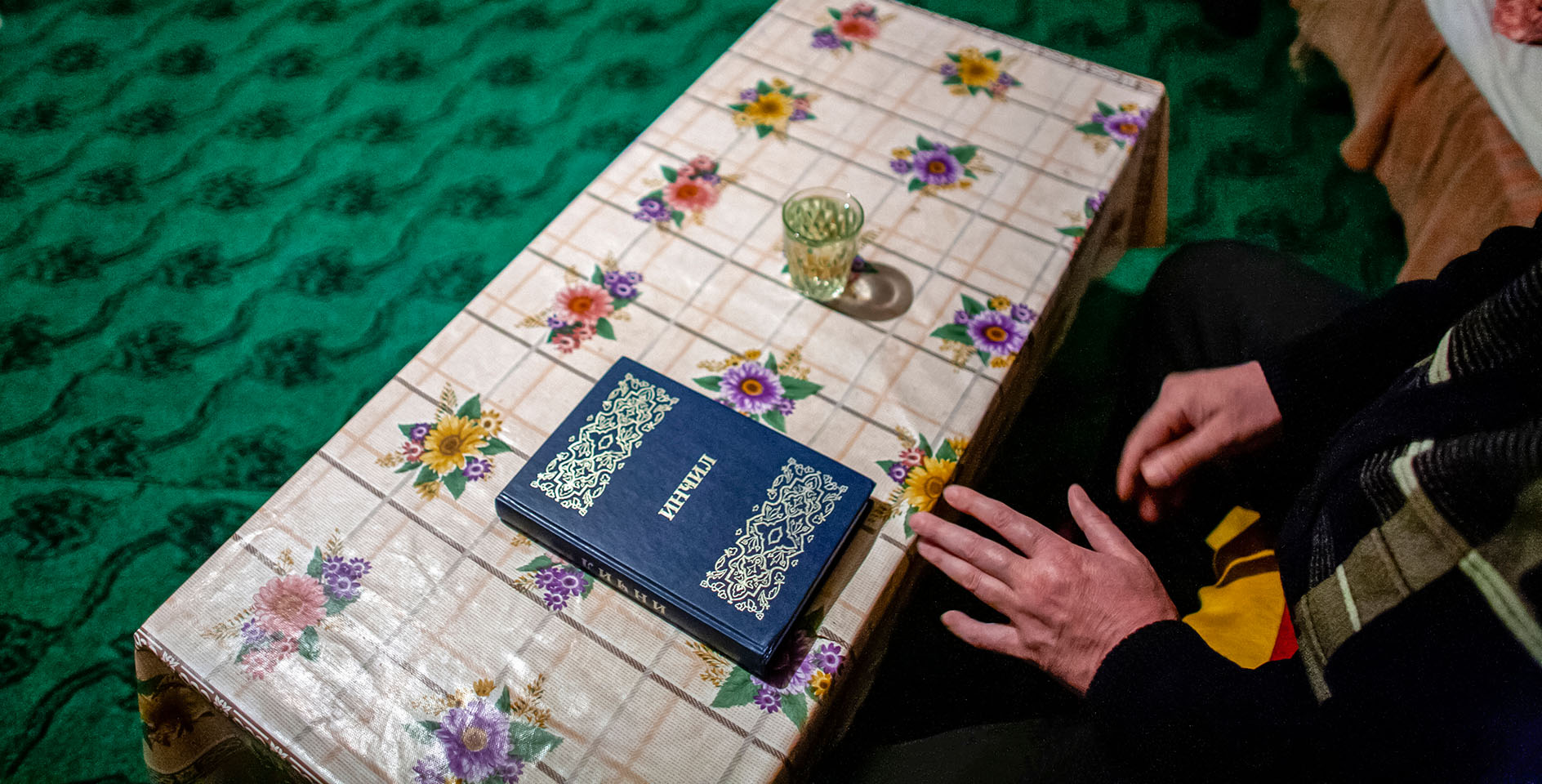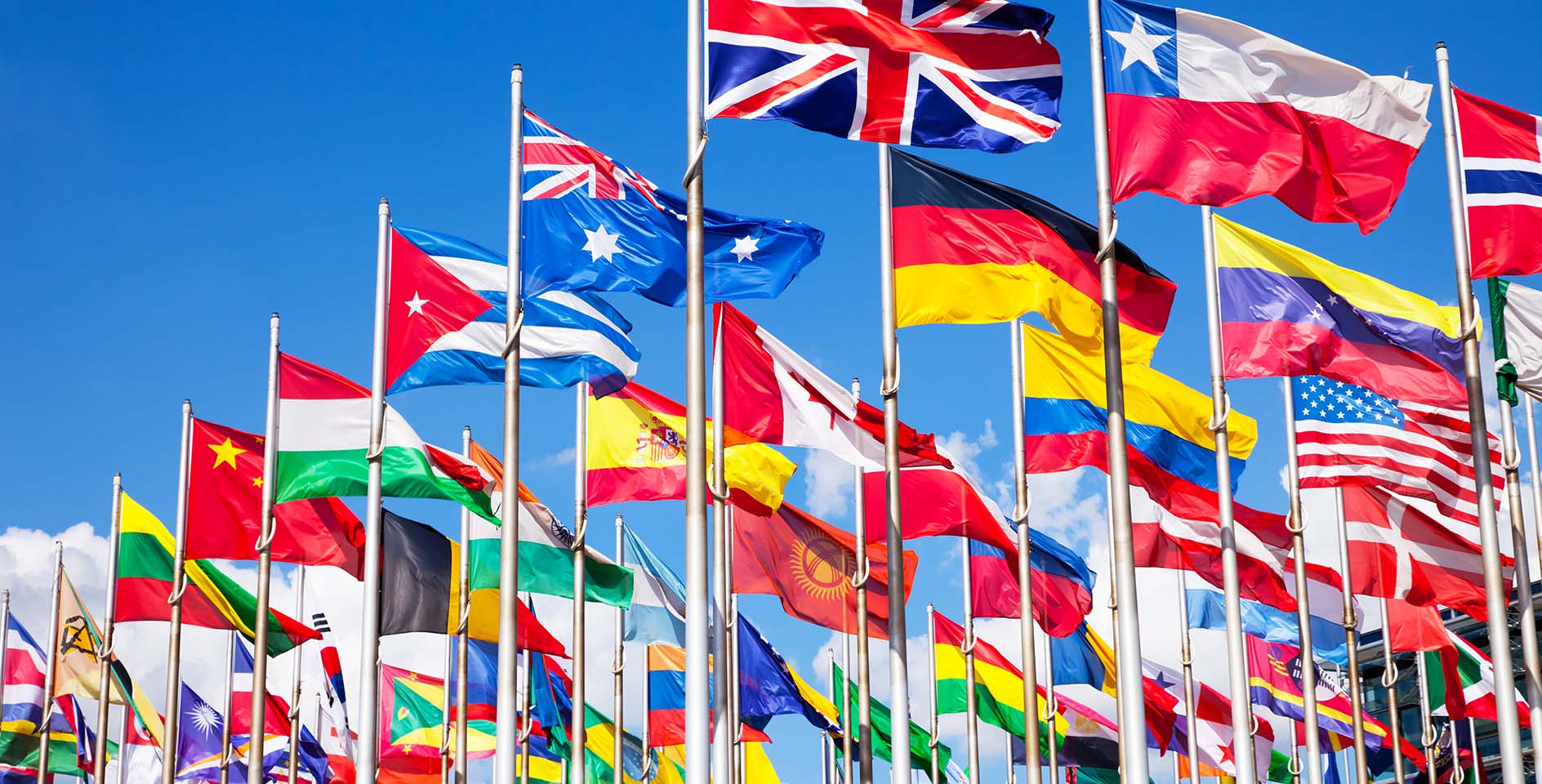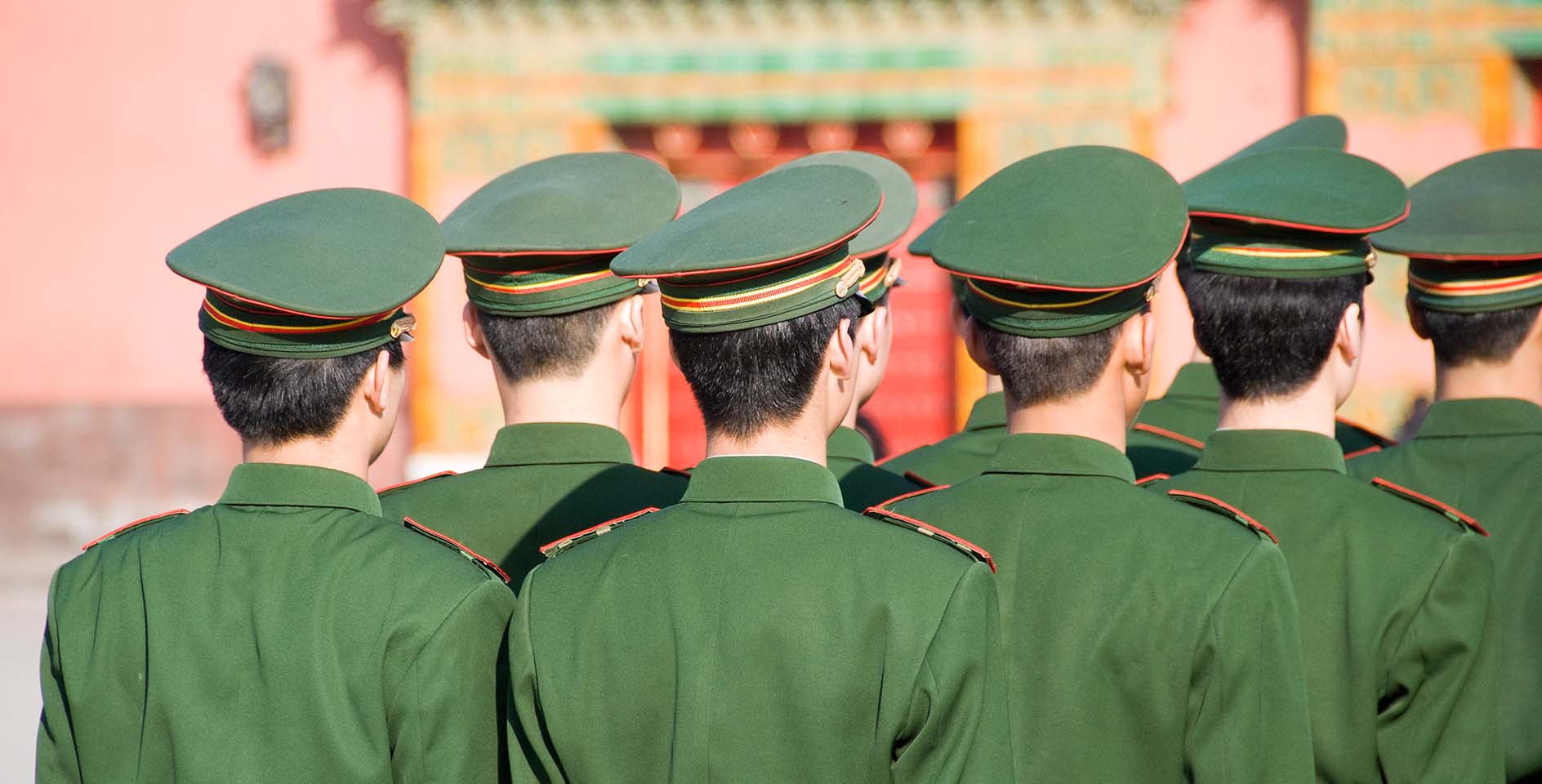North Korean dictator Kim Jong Un missed the April 15 commemoration of the birthday of his grandfather, North Korea founder Kim Il Sung. The silence from him since then has led to speculation that he is either seriously ill or has already died.
Kim’s death would likely not lead to an improvement in the lives of North Korea’s citizens. The authoritarian Kim family has ruled the country since its founding, and Jong Un’s successor is expected to be similarly repressive.
Here are five facts you should know about North Korea’s human and religious rights violations.
1. The United Nations issued a report in 2002 estimating that somewhere between 200,000 and 400,000 of North Korea’s inhabitants identify as Christian. But freedom of religion or belief does not exist in North Korea and is, in fact, profoundly suppressed, says the U.S. Commission on International Religious Freedom (USCIRF). The North Korean government relentlessly persecutes and punishes religious believers through arrest, torture, imprisonment, and sometimes execution, USIRF adds. Once imprisoned, religious believers typically are sent to political prison camps, where they are treated with extraordinary cruelty
2. Although Christians comprise less than 2% of the population (25 million), the North Korean regime reviles the Christianity above all other religious. The Kim regime considers Christianity the biggest threat, the USCIRF says, because it associates that faith with the West, particularly the United States. The USCIRF notes that the regime actively tries to identify and search out Christians practicing their faith in secret and imprisons those it apprehends, often along with their family members, even if they are not similarly religious. According to the U.S. State Department, as many as 50,000 Christians are estimated to be in political prison camps and facing hard labor or execution because of their faith.
3. The government operates at least four political prison camps, known as kwanliso, where religious and political dissenters are interred. Between 80,000 and 120,000 North Koreans citizens are estimated be held in such camps, says Human Rights Watch. The kwanliso are characterized by systemic abuse and deadly conditions, including torture and sexual abuse by guards, near-starvation rations, back-breaking forced labor in dangerous conditions, and executions. Most everyone held in the prison camps have never been convicted of any internationally recognizable criminal offense. They are frequently detained without fair trial or access to legal representation and are unable to see or communicate with their families.
4. The Kim regime also imposes severe restrictions on freedom of movement and access to information. All communications are under the total control of the Publicity and Information Department of the Workers’ Party of Korea. Only a select few in the ruling elite have access to the internet or international mobile phone services. For the rest of the citizenry, possession and distribution of foreign publications, videos and other media materials are serious crimes publishable by forced labor. As Amnesty International says, it is also illegal to leave the country without prior approval, and even when moving to another province citizens are required to pay bribes to police and other government officials. A prime example of the restrictions is the new identification card issued by the government to closely monitor people’s movements. Individuals who were not at their registered address and failed to obtain the new identification cards are treated as having left the country illegally. People living near borders, the demilitarized zone (DMZ), and major military facilities also remain under constant, close surveillance. The Chinese government also views all North Korean refugees as illegal economic migrants and deports them back when they are discovered. Because of this policy, women and girls who manage to cross the North Korea-Chinese border are at risk of trafficking for forced labor and sexual exploitation, including forced marriage with Chinese men.
5. The government uses forced labor from ordinary citizens, including children, to control its people and sustain its economy, notes Human Rights Watch. A majority of North Koreans are required to perform unpaid labor at some point in their lives. Workers in North Korea are also not free to choose their own job but are assigned roles by the government. Because the government labor is often unpaid, many workers are forced to find other jobs to pay for their basic needs, such as food and shelter. Failing to show up for work without permission is a crime punishable by three to six months in forced labor training camps, so some workers have to pay bribes to be absent at their assigned workplace while they are working to survive.



